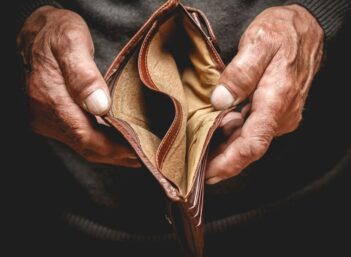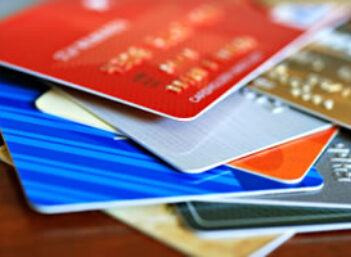What is a Cashier's Check?
A cashier's check is a check that guarantees the availability of the underlying funds because it is drawn upon and issued by the bank itself.
How Does a Cashier's Check Work?
To obtain a cashier's check, a person must first deposit funds equal to the check amount with the issuing bank. The bank then generates a check to the payee drawn on the bank's own account. The name of the remitter (the person purchasing the check) is noted on the check. The check is signed by a bank cashier or officer.
Banks typically charge a fee for cashier's checks.
Why Does a Cashier's Check Matter?
Only under extremely unusual and rare circumstances will a cashier's check bounce. Because the bank assumes the obligation for payment, thereby ensuring a high degree of safety, some institutions require that payments be made via cashier's check.



